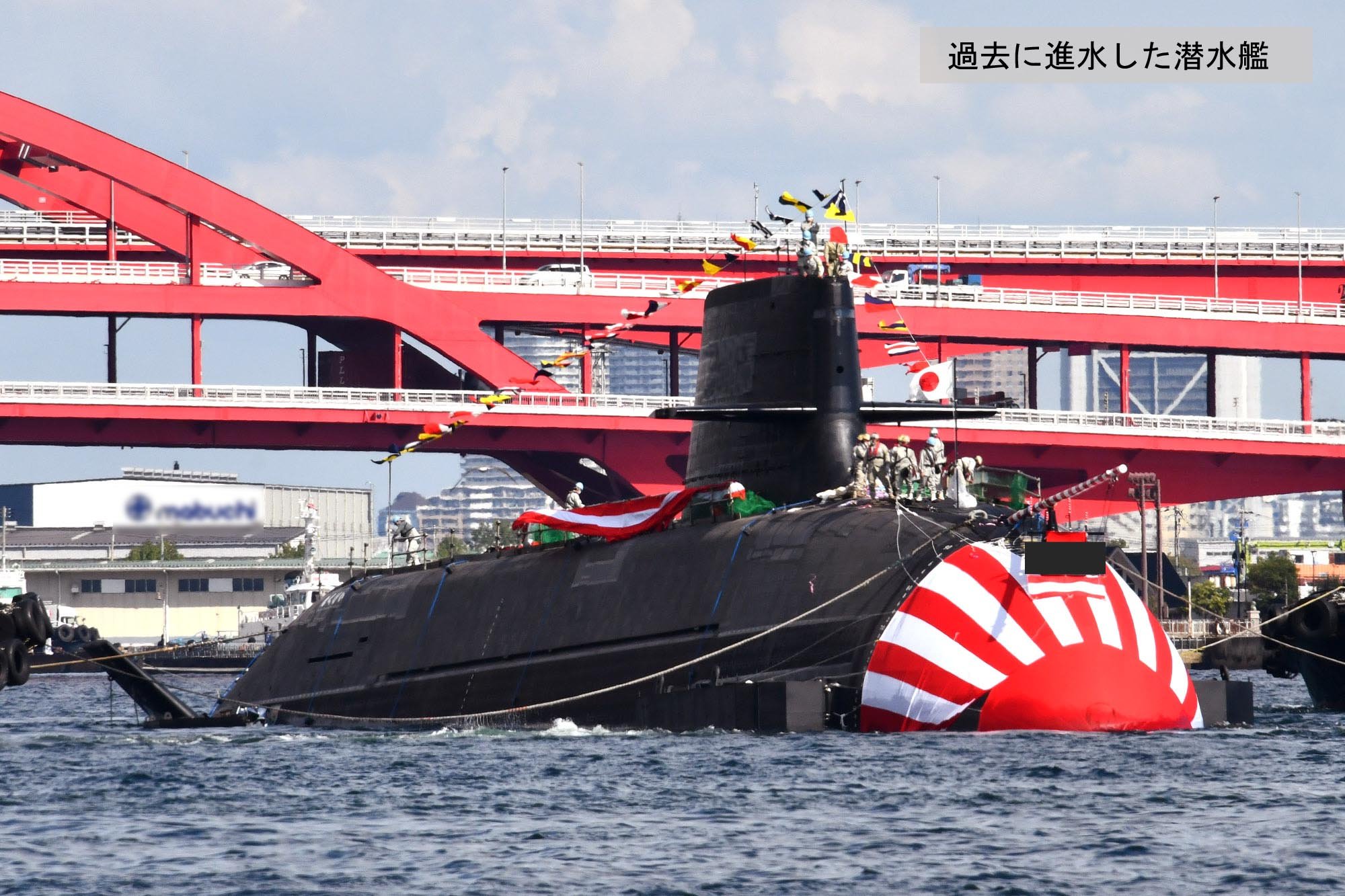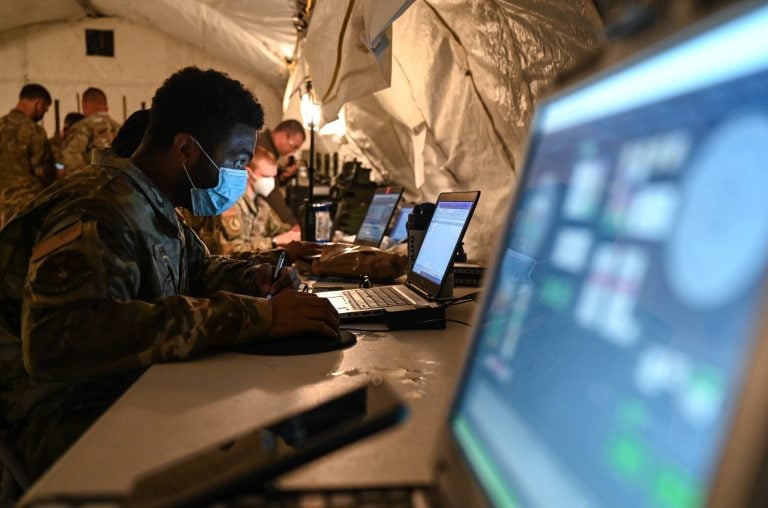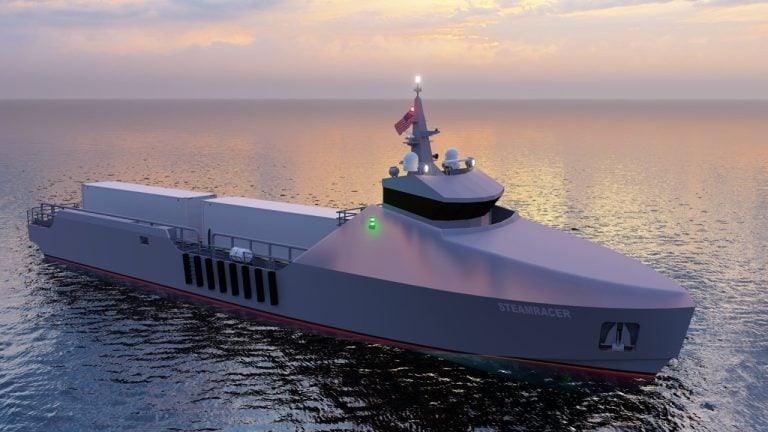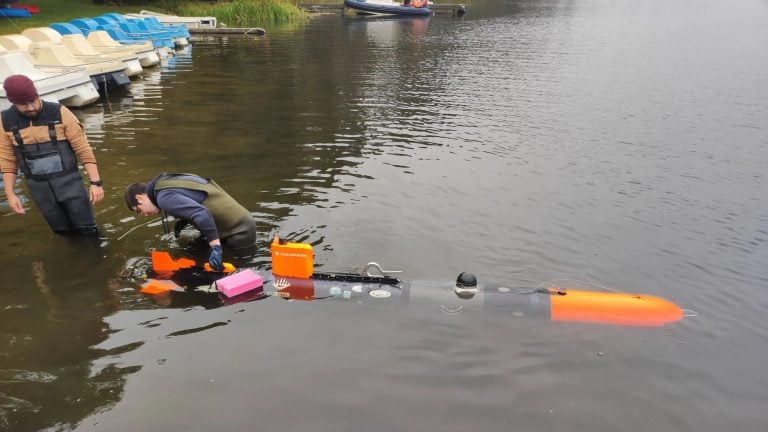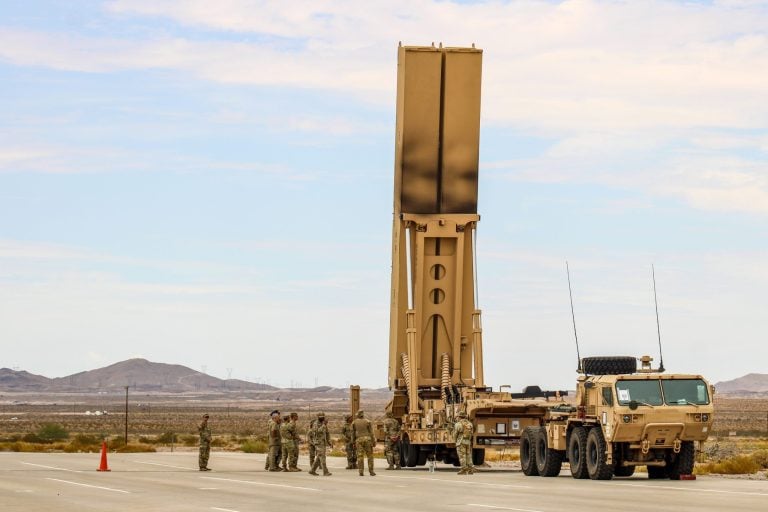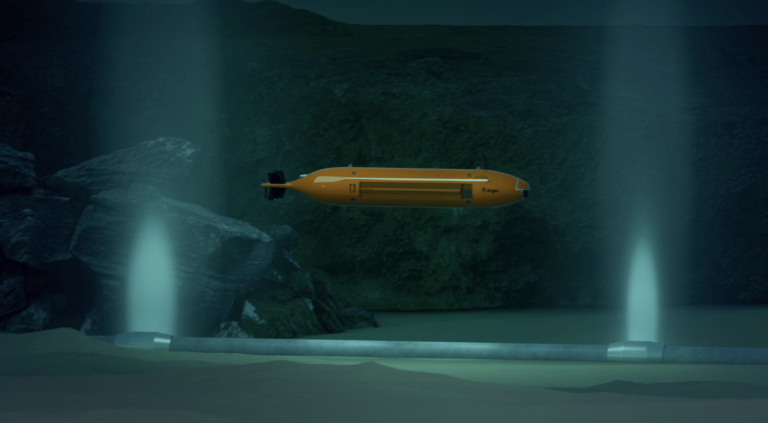Japan is considering a significant shift in its military strategy as a state-backed panel has officially recommended research into nuclear-powered submarines for the Japan Maritime Self-Defense Force (JMSDF). This proposal, submitted to the Ministry of Defense last September, marks an unprecedented development, as it is the first time an official advisory group has suggested exploring nuclear propulsion. This pivot could signify a departure from Japan’s historical stance on the military use of nuclear energy.
The advisory panel emphasized the need for the next generation of Japanese submarines to enhance their operational capabilities. This includes longer-distance travel, extended submerged durations, and the ability to carry long-range missiles—requirements that conventional diesel or battery-powered systems may not adequately fulfill. The panel also urged the Ministry of Defense to investigate advanced propulsion solutions aimed at boosting endurance and stealth operations, especially in light of escalating tensions in the Indo-Pacific region.
Kazuki Yano, a former JMSDF submarine commander, highlighted the advantages of nuclear-powered submarines, stating that they provide unparalleled underwater mobility, concealment, and operational range. He noted that Japan possesses the industrial capabilities necessary to construct such vessels if permitted by law.
However, legal and political barriers persist in this context. Japan’s post-war framework includes the Atomic Energy Basic Act, which confines nuclear technology to peaceful applications. Moreover, the nation’s “Three Non-Nuclear Principles” strictly prohibit the manufacturing, acquisition, or receiving of nuclear weapons. Chief Cabinet Secretary Yoshimasa Hayashi reiterated last year that, under current laws, Japan has no intentions of developing nuclear submarines.
In the interim, Japan is bolstering its conventional submarine fleet. The JMSDF currently operates 22 submarines, with plans to expand that number to 24 by the decade’s end. The latest addition, the Taigei-class submarines, utilize lithium-ion batteries, which allow for quieter and longer underwater missions. The older Sōryū-class vessels are also being retrofitted with similar technology to enhance their capabilities.
The strategic landscape is further influenced by the AUKUS pact between the United States, the United Kingdom, and Australia, which allows the latter to acquire nuclear-powered submarines. This development has intensified discussions regarding nuclear military capabilities within Japan. Observers suggest that Tokyo is closely monitoring the AUKUS agreement, considering it a potential reference point should it decide to reassess its nuclear restrictions in the future.
